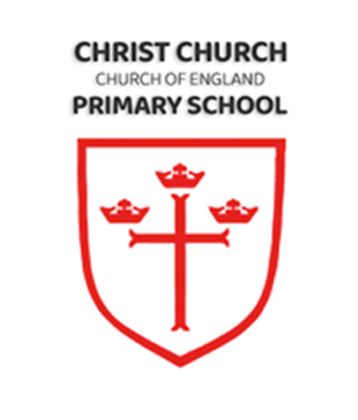Intent
Our English Curriculum is carefully planned using the National Curriculum for English as the framework for what is taught in each year group. English is one of the most important curriculum areas and a large proportion of curriculum time is spent teaching the different aspects of this subject. The development of early reading is seen as a priority for our children therefore a rigorous approach using the systematic synthetic phonics programme, Little Wandle Letters and Sounds Revised has been adopted as our validated scheme of work. This scheme is used throughout EYFS and Key Stage 1 to support the development of children’s early reading skills.
Beyond Early Years, reading continues to be the highest priority. Our approach to teaching reading and writing is to use a text-based approach. This approach involves teaching all reading, writing and grammar objectives through a whole class text. The texts that teachers use to teach from are carefully selected and offer a range of opportunities for the development of reading comprehension and writing for a variety of purposes and audiences. We are in the process of developing a reading spine within school to identify and highlight the wide range of vocabulary and content rich texts to teach from.
Spelling is taught discretely using the Spelling Shed scheme to deliver the year group specific spelling objectives.
From September 2022 we will also be using Letterjoin to teach a fast and fluid joined handwriting style from year 2 onwards.
Implementation
- English lessons are given the highest priority and lessons are timetabled each day in every year group.
- In other year groups children have at least one timetabled English lesson each day. Medium Term Plans (or Schemes of Work) detail how the reading, writing and grammar objectives will be delivered using the class texts as the focus for these activities.
- Reading for pleasure is prioritised through dedicated time each day on the school timetable and through our Reading Champions group.
- Children are encouraged to use a joined style of handwriting (starting in Year 2 if children are ready for this) and there is regular practice and teaching of the joins needed to be fluent in the cursive style using the Letterjoin programme.
- Children are given opportunities to write for a variety of purposes and audiences. Writing is seen as a process where children have time to identify features of the chosen genre, plan their own work, draft, edit and redraft their work. In some cases, the final piece will be ‘published’ using word processing tools or by creating a finished hand written text.
Impact
Following the Little Wandle Letters and Sounds Revised programme’s approach to teaching early reading ensures that pupils have the very best start to their reading journey at Christ Church C of E Primary School. They will become fluent readers which will allow them to access a wide range of reading materials as they progress through school. As pupils move beyond Little Wandle Letters and Sounds Revised, there is a continued focus on fluency but the teaching of reading is focussed on developing pupils’ comprehension of texts. By selecting quality texts for use in the classroom, pupils develop their love of literature and are encouraged to read widely for pleasure. The ongoing development of a school reading spine gives pupils access to a high-quality library of fiction and non-fiction texts which helps to support pupils’ vocabulary development as well as their understanding of the world around them.
As a result of this intensive focus on the development of reading, the vast majority of pupils pass the phonic screening check in Year 1 and meet the end of Key Stage expectations. Progress of all pupils is carefully monitored and pupils who are not on track to meet expectations are supported to catch up through high quality intervention programmes either in groups or individually where appropriate.
Similarly, pupils’ written work meets the expected standard for end of Key Stage in the majority of cases. In order to ensure that the majority of pupils are on track to meet the expected standards, there are regular assessments in English, both formative and summative. Details of the assessment procedures can be found in the Assessment Policy.
Little Wandle Letters and Sounds Revised information for parents
Documents
- CCPS English Policy document42.1 KbJun 11th, 2025
- CCPS English Policy.pdf pdf1.4 MbSep 17th, 2024
- CCPS Handwriting and Presentation Policy document7.7 KbJun 11th, 2025
- CCPS Handwriting and Presentation Policy.pdf pdf58.9 KbSep 17th, 2024
- CCPS Phonics and early reading policy.pdf pdf847.0 KbSep 17th, 2024
- HomeGuide (1).pdf pdf18.7 MbSep 17th, 2024
- LW LS Programme-Overview_Reception-and-Year-1.pdf pdf567.0 KbSep 17th, 2024
